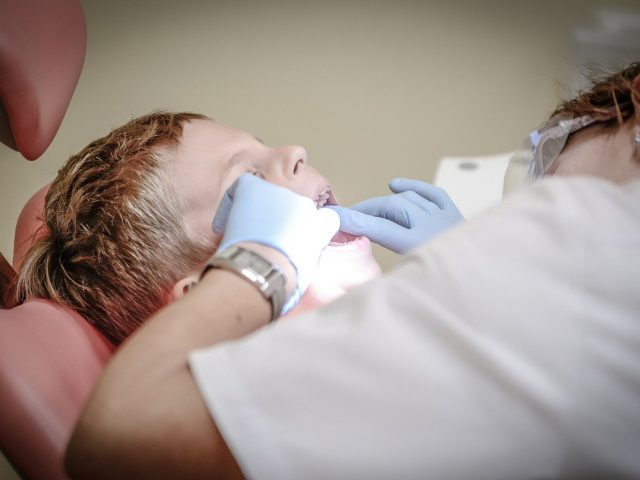Most of us think of children when we discuss the need for sleep. We are aware that kids require a specific amount of sleep to develop into healthy, energetic adults. However, the majority of us don’t consider how much sleep we receive or require as we age. However, the importance of sleep to our health as we age does not change. This is perhaps the reason why so many people nod off immediately after the nightly news or dinner. Even so, the majority of older folks don’t always receive the recommended eight hours of sleep or wake up feeling rested. This might be as a result of the fact that our brains no longer cycle into deep sleep as frequently as they did when we were younger. Breathing issues, arthritis, and restless legs can often keep us up at night. The bladder is another component. Prostate or bladder problems in older persons frequently cause them to get up at night to use the restroom. This also interferes with sleep. As we become older, our bodies shift to accommodate these changes, which causes our sleep habits to change as well. Residents at senior rehabilitation centers may experience sleep problems. Read on to learn how much sleep the elderly should get per night.
Seven to Eight Hours
The amount of sleep that each individual needs varies with age, activity level, hormones, and even seemingly unimportant factors like how much light you are exposed to at home. There are no particular studies that can demonstrate how much sleep any one person needs. However, since humans spend at least one-third of their lives in sleep mode, we are aware of the significance of sleep. An adult needs 7 to 8 hours of sleep every night on average and this doesn’t matter what your age. Many elderly people complain that their sleep is not as restful as it once was, which is a problem. In fact, as we become older, the likelihood of experiencing bouts of sleeplessness, light stages of sleep, and being awakened by inconsequential noises increases.
Sleep Difficulties
As we get older, a variety of variables, including sleep problems, might contribute. One reason is that our bodies naturally create less melatonin and cortisol, two hormones that help us fall asleep. We consequently have fewer deep sleeps. Seniors frequently experience ordinary aches and pains in addition to difficulty falling and staying asleep.
Sleep Tips
Go to bed every night at the same hour and sleep in the same place every night. Finding a pattern that works for you and teaches your body and mind that it is time for sleep is crucial. Avoid stimulating activities in the late hours of the night, such as eating (particularly spicy food), watching TV, or having lively conversations with loved ones or friends. Better bedtime activities include listening to some soft music or reading. Alternately, try progressive muscle relaxation, which involves sequentially tensing and relaxing every muscle in your body. It has a history of assisting with sleeplessness. Another cause of restless nights is worries. One of the patients I know journals her problems as a way to let them go. Your plan can be to watch amusing videos or read a page-turning book. Relax by focusing on anything else, such as your best recollections of family and friends, as worry is the product of a busy mind. That ought to result in more enjoyable dreams.



